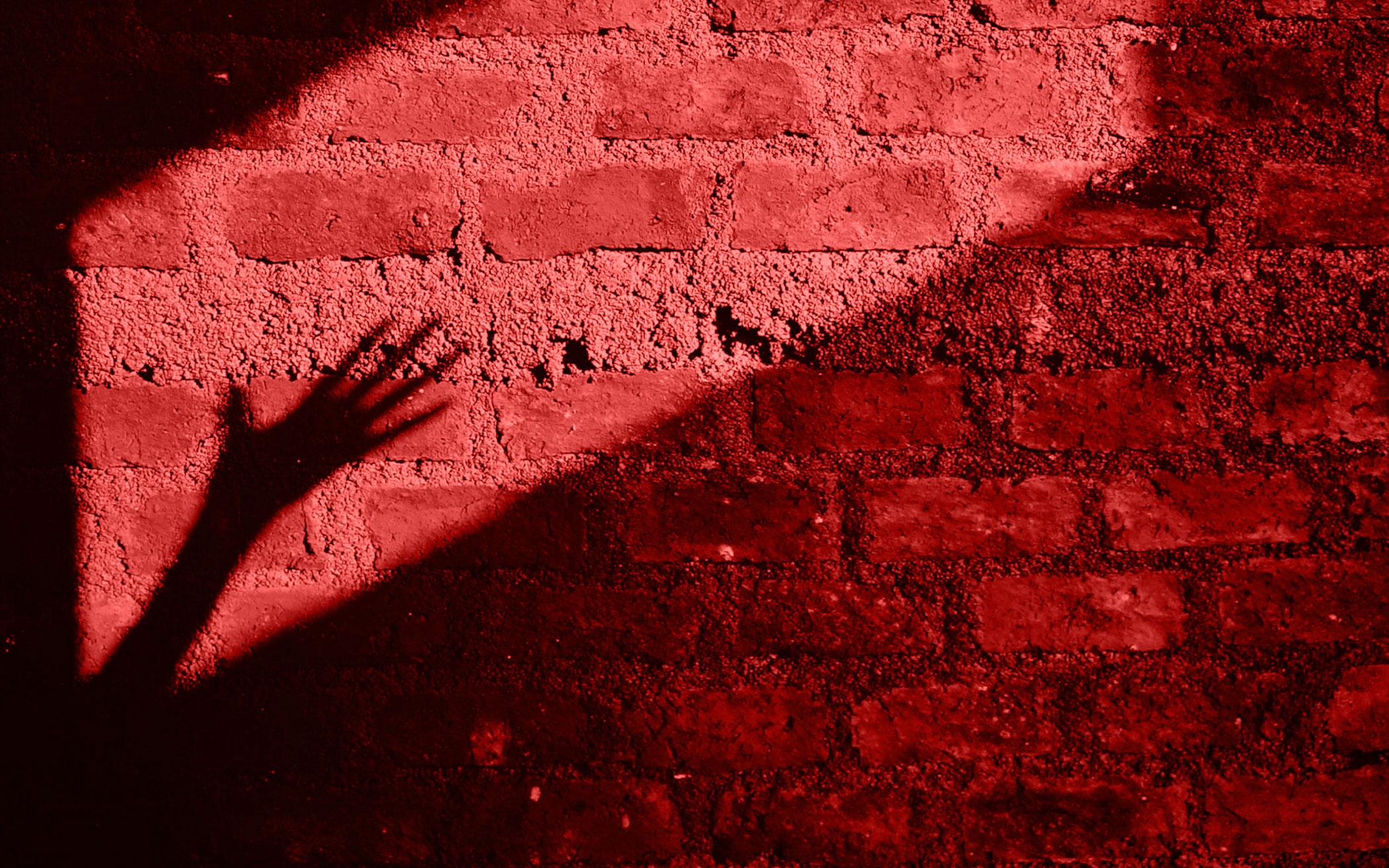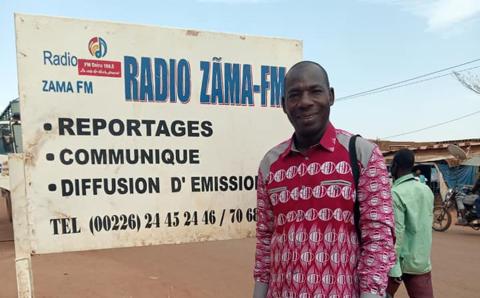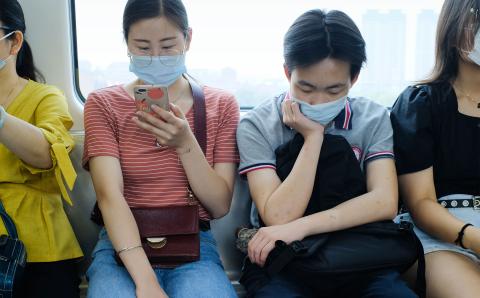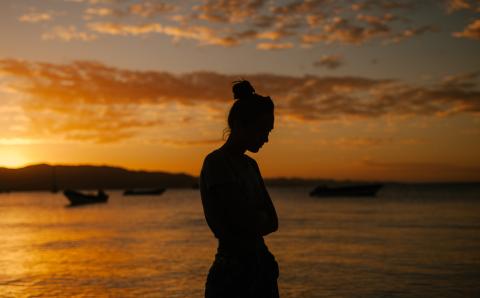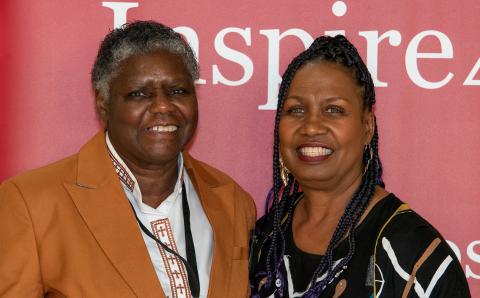Editor’s Note: With sponsorship from Multiplication Network, The Banner’s 2022 Young Adults Writing Contest took place this summer, with 35 young adults submitting essays on the topic “What gives you hope?” This essay received an honorable mention. You can read the other winning essays here.
This summer I'm living in Cooke City, Mont.—a small gateway community outside of Yellowstone National Park. If you've followed the news this June, you'll know that Yellowstone and its surrounding towns experienced catastrophic flooding this summer, washing away roads, houses, and any hopes of a normal season funded by tourism. To say that this area has been devastated would be an understatement. Cooke City-Silver Gate is a tiny community of only around 100 permanent residents. It's the kind of city with one paved road and not a single stop sign, let alone a traffic light. It's a place where, were it not for my confidence that the local bears and moose could outrun me, I would happily walk the mile to work each day. It's the kind of town where everyone knows everyone's name—when I arrived, complete strangers introduced themselves to me having already heard I was coming. "You're that church intern from Michigan," they said. "We're glad you're here."
But after the floods ravaged the area less than two weeks into my arrival, I wasn't sure I was glad to be here anymore. The season was pretty much over before it started. This town that relies almost entirely on tourism to keep their business doors open was looking at having to shut everything down. The floodwaters fortunately didn't cause too much physical damage, and there were only a few who lost their homes in the storm. But fear and anxiety has swept through the community as almost everyone in town is having to face the reality of what might happen if roads don't get fixed on time and if tourists can't or won't come visit this beautiful area now that we've lost the entrance to Yellowstone. My days at work in the Chamber of Commerce Visitor Center have been spent answering the phone saying, "Yes, we're open. Please come visit." "Yes, we're open. Please come visit." "Yes, we're open. Please come visit." I sound like a broken record desperate to fill this street with tourists again.
Five days after the flooding began I sat in a town meeting at the firehouse in Cooke City. Imagine the town hall meetings in small town Stars Hollow from the popular show Gilmore Girls, and you might have a picture of what it looked like to have about 100 people sitting in the emptied-out firehouse, eating ice cream provided by the community council. Our county commissioner even had a miniature gavel on hand in case it was necessary to keep the peace as town officials shared updates on road closures and plans for the future. As the meeting began, I sat there thinking about how easy it would be for me to jump ship and head back home to Michigan for the summer. My livelihood wasn't affected by this flood, and I thought myself fortunate to have a way out. At that moment, it seemed to me that there was no solution to the depth of hardship that this community was facing. But out of the darkness, a spark of hope arrived as stories began to flow of how this community supported each other in the storm.
Hope, as grown men, such as our fire chief, were weeping while talking about how hard this has been, yet how grateful they are for this community.
Hope, as homeowners and business owners stepped up to the mic to make a shout-out to the many individuals who helped them evacuate during the flood and who have been helping them rebuild since the waters began receding.
Hope, as our pastor made announcements about resources in the food pantry and grocery store gift cards available to all who need it.
Hope, as community leaders in cities as far as three hours away attended the meeting to say that they would help us in whatever way possible to rebuild. That they would redirect their tourist traffic toward us, knowing that we need it more than they do.
Hope, as neighbors held each other up in grace, patience, and kindness.
Hope, as they told stories of pumping water out of crawl spaces and digging mud out of basements, of providing hot meals to those without power and able bodies to those too elderly to rebuild their own homes.
Hope, I've learned, is something that happens when you feel that all is lost, yet your neighbor grabs your hand and says, "We can do this together." It is something God gives us through the faith of others when we ourselves have a hard time believing that everything will be okay. Hope is God's soft whisper in the depth of our pain that says, "Though you cannot see it now, all will be well in the end." Hope showed its face to me this summer as I longed to simply give up, but my new community rallied around me to remind me of this promise from God that the sun will come out again. That the floodwaters will recede, and the town will rebuild.
Hope rarely comes in the form of actual solutions to the real problems we face. Yet it continually serves as a salve for our wounds giving us the strength to walk forward into the light and see where God's redemptive work is already at play.
About the Author
Kelsey Bruinwood is a student at Calvin Theological Seminary pursuing her Master of Divinity. She attends Calvin Christian Reformed Church in Grand Rapids, Mich.

